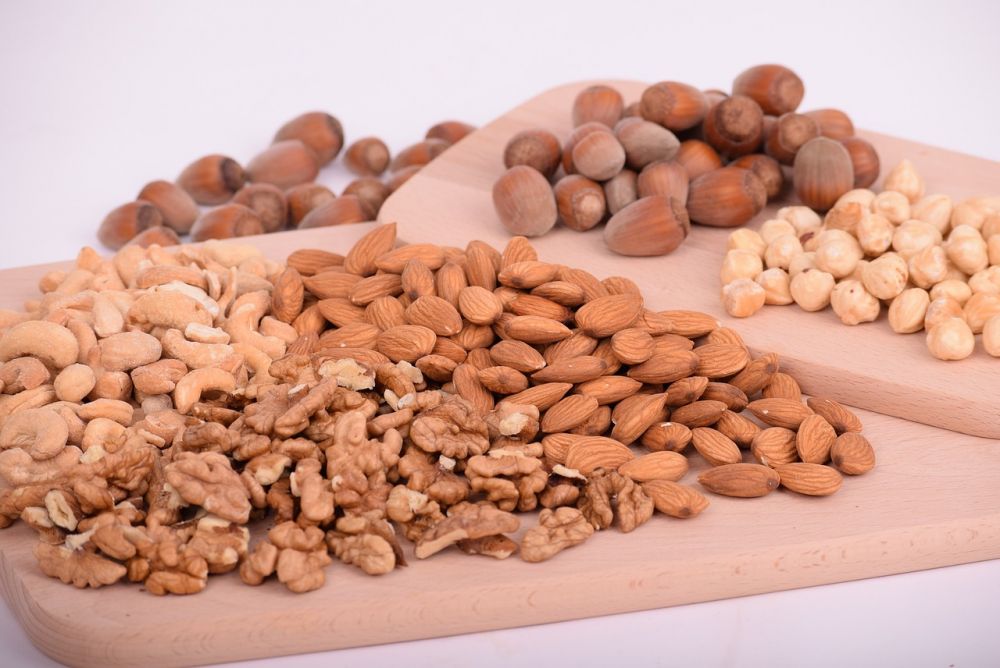Protein Diet: A Comprehensive Guide to Understanding its Types, Benefits, and Differences

Protein Diet: A Comprehensive Guide
Introduction:

Protein diet has gained significant popularity in recent years due to its numerous health benefits. It is a dietary approach that focuses on consuming foods high in protein to aid in weight loss, muscle gain, and overall well-being. In this article, we will delve into the various aspects of the protein diet, including its types, quantification, differences, and historical perspectives.
An Overview of Protein Diet
The protein diet revolves around the idea of increasing protein intake while limiting the consumption of carbohydrates and fats. By doing so, it promotes weight loss and helps build lean muscle mass. Protein is an essential macronutrient that plays a crucial role in various bodily functions, such as repairing tissues, producing enzymes, and supporting the immune system.
Types of Protein Diet
1. High-Protein, Low-Carb Diet:
This type of protein diet emphasizes a significant reduction in carbohydrate intake while increasing protein consumption. Popular examples include the Atkins diet and the ketogenic diet. These diets aim to induce a metabolic state called ketosis, where the body uses fat as its primary source of energy.
2. High-Protein, Low-Fat Diet:
In this approach, individuals consume high amounts of protein while limiting fat intake. The Zone Diet and the Ornish Diet are two well-known examples. These diets focus on achieving a balance between macronutrients to regulate insulin levels, enhance satiety, and promote overall health.
3. Protein Supplementation:
This type of protein diet involves incorporating protein supplements, such as protein shakes and bars, into one’s regular diet. It is particularly popular among individuals aiming to increase muscle mass or meet their protein requirements conveniently.
Quantitative Measurements of Protein Diet
Consuming adequate amounts of protein is vital for the efficacy of a protein diet. The recommended daily intake varies depending on factors such as age, sex, and physical activity level. Generally, it is recommended to consume around 0.8 grams of protein per kilogram of body weight. However, for individuals engaged in intense physical activity or muscle-building exercises, higher protein intake may be necessary.
Differences Between Various Protein Diets
While all protein diets share the common principle of increasing protein intake, they differ in several aspects:
1. Macronutrient Distribution:
Different protein diets vary in their macronutrient compositions, with some emphasizing low-carb and high-protein ratios, while others focus on balancing all three macronutrientsprotein, carbohydrates, and fats.
2. Sustainability and Long-Term Compliance:
Some protein diets, such as the ketogenic diet, may be challenging to adhere to in the long run due to restrictive nature. Others, like the Zone Diet, offer a more sustainable approach by allowing a broader range of foods.
3. Health Implications:
Certain protein diets may pose health risks if followed inappropriately or for prolonged periods. For instance, a high-protein diet that neglects healthy fats and essential nutrients may lead to nutritional deficiencies.
A Historical Review of Pros and Cons of Protein Diets
Over the years, protein diets have garnered both praise and criticism. Let’s explore the historical perspective on their advantages and disadvantages:
1. Pros:
– Effective for weight loss: Protein diets have shown promising results in promoting weight loss due to their high satiety value and thermogenic effect.
– Muscle preservation: Increased protein intake helps preserve and build muscle mass, which is particularly beneficial for athletes and individuals engaged in resistance training.
– Metabolic benefits: Protein-rich diets have been linked to improved metabolic health markers, such as blood sugar control and cholesterol levels.
2. Cons:
– Nutritional deficiencies: Some protein diets may lack essential nutrients, such as fiber, vitamins, and minerals, leading to potential deficiencies if not carefully planned.
– Potential health risks: Prolonged adherence to certain protein diets, particularly those extremely low in carbohydrates, may lead to complications like kidney problems or nutrient imbalances.
– Sustainability challenges: The restrictive nature of some protein diets can make them challenging to sustain in the long term, potentially leading to yo-yo dieting.
Conclusion:
Protein diets offer an effective approach for weight loss, muscle gain, and improving overall health. However, it is crucial to choose a protein diet that suits individual needs, provides adequate nutrition, and can be sustained in the long run. Before starting any dietary regimen, consulting a healthcare professional or registered dietitian is advisable to ensure it aligns with personal goals and needs. Remember, achieving a balanced and sustainable approach to nutrition is key for long-term health and well-being.
FAQ
Are protein diets safe for long-term use?
How much protein should I consume on a protein diet?
What is a protein diet?
Fler nyheter
Massage i helsingborg vägen till mindre stress och mer välmående
Protein Diet: A Comprehensive Guide Introduction: Protein diet has gained significant popularity in recent years due to its numerous health benefits. It is a dietary approach that focuses on consuming foods high in protein to aid in weight loss, musc...
01 februari 2026
Fotvård i Borlänge: Friska fötter för ett aktivt liv
Protein Diet: A Comprehensive Guide Introduction: Protein diet has gained significant popularity in recent years due to its numerous health benefits. It is a dietary approach that focuses on consuming foods high in protein to aid in weight loss, musc...
05 januari 2026
Massage Malmö – en guide till avslappning, smärtlindring och återhämtning
Protein Diet: A Comprehensive Guide Introduction: Protein diet has gained significant popularity in recent years due to its numerous health benefits. It is a dietary approach that focuses on consuming foods high in protein to aid in weight loss, musc...
04 december 2025
Homeopati-behandling: En guide till naturlig hälsa
Protein Diet: A Comprehensive Guide Introduction: Protein diet has gained significant popularity in recent years due to its numerous health benefits. It is a dietary approach that focuses on consuming foods high in protein to aid in weight loss, musc...
02 december 2025











